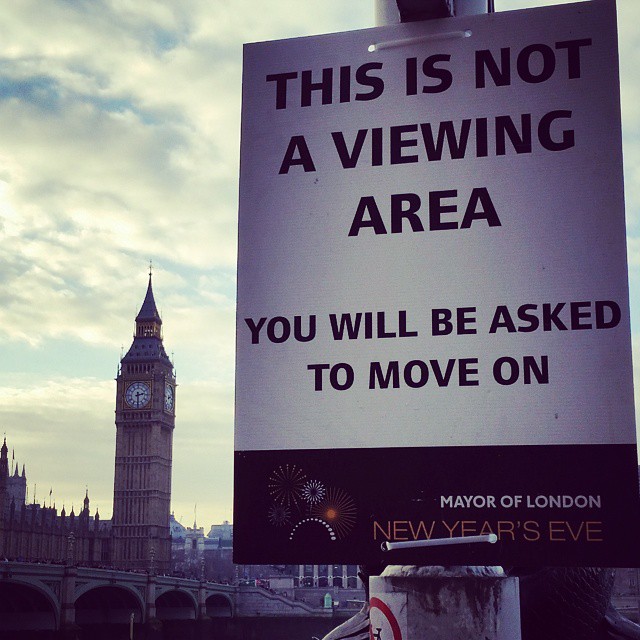
I’m getting to re-live lots of my schoolboy German of late, as part of my contribution to home-schooling.
The title – which basically means “appearance, not substance” – sticks in the mind because it’s rhyming, but also because it turns out to be apposite in many instances.
Right now, it’s in my head because I’m really struggling to make head or tails of the UK’s approach to negotiations with the EU.
The discursive position is one of getting a trade deal by December, but also of being utterly inflexible on terms.
Meanwhile, the substantive position is one of offering no suggestions on either the trade deal or the implementation of the Irish Protocol, and minimal work to prepare domestically for either a deal or a no-deal scenario on January 1.
All of these elements point in very different directions, and in a way that is very obviously inconsistent.
Maybe the stonewalling is a ploy to force the EU to move on substance (spoiler: unlikely to work), but then still you’d want the domestic arrangements in place.
Maybe it’s all part of a madman approach, but that needs the other party to believe that the costs would fall on them, rather than the madman.
Even the snippy position – that Number 10 doesn’t understand all this – doesn’t really stand up, mainly because it’s clear that they get all the relevant input that we can see and they are making determined choices.
Witness the rhetoric swings during Johnson’s absence: still firm about no extension, but not the emphatic closing-off of options that occurred when he returned. This was active seeking-out and destroying of paths.
The query is about what paths might still be left open.
As I wrote last week, it’s all well and good being determined to get a deal on your terms, but you have to recognise that some things aren’t under your control, so you need to work on the stuff that is, just in case.
The worry here is that Number 10 might have drunk a bit of their own kool-aid and decided that their version of last autumn is a) true, and b) going to work again.
This version says that Johnson’s stonewalling and fine negotiation skills secured major concessions from the EU on the Withdrawal Agreement, which allowed him to get it through Parliament, and so got Brexit done.
This, as we might say, is nonsense.
Firstly, the ‘concessions’ were actually an unwinding of the Agreement to a position that the EU had originally desired, notably on the Irish Protocol, so the UK ‘won’ nothing.
Secondly, the Parliamentary success was based on the opposition parties painting themselves into a corner on the Benn Act, which took them into an election that they misjudged.
Finally, it also all hung on a conspicuous lack of close inspection by the Tory backbenches of the terms negotiated, as the new Prime Minister told them all the things that his predecessor didn’t.
Of course, this now all comes back to bite Johnson hard on the backside. The legally-binding commitments of the Protocol need to be implemented; Parliament’s robust majority means he can’t use party politics to scare together his backbench, which might now be taking more care about what they sign up to.
None of this has any real conclusion, except that it is unstable. Something is going to have to give and the main question is what.
Right now, there is no clear answer, but Number 10 might be hoping that lockdown runs deep into June, so that if it does change its mind about extension then it’ll have more cover.
